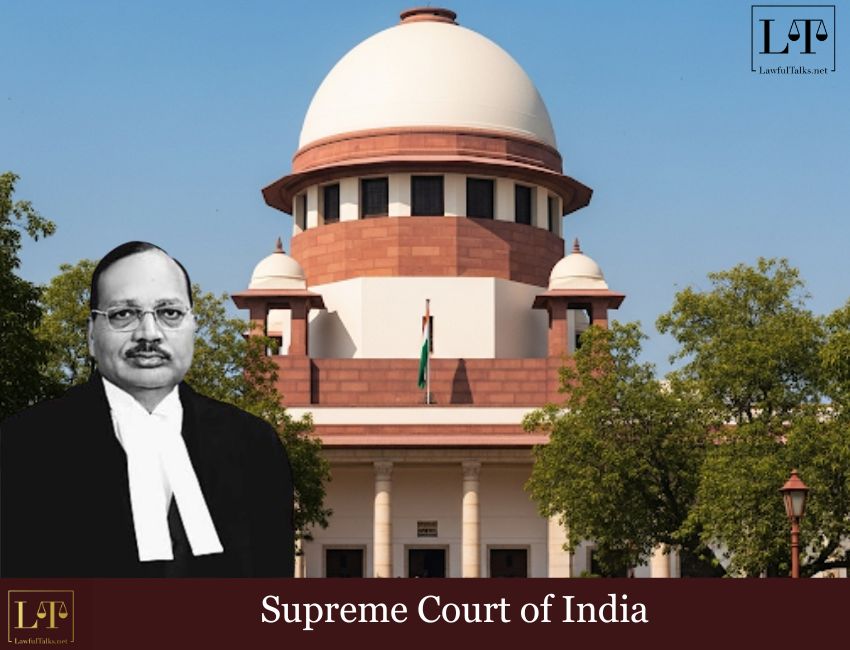Allahabad HC Sets Aside Afzal Ansari's Conviction, Allows Him to Continue as MP

During his address at the inaugural session of the Supreme Court Bar Association's lecture series on 'Justice for All – Legal Aid and Mediation, Supreme Court judge, Justice Surya Kant conveyed his dismay regarding the commitment levels of certain High Court judges.

While acknowledging that some judges exhibit unwavering dedication and bear significant responsibilities as champions of justice, Justice Kant highlighted that there are others whose contributions he finds "deeply disappointing."
He urged those judges who fall short of their duties to reflect: "To those whose dedication falls short, I have a simple request—before you rest your head on your pillow each night, ask yourself one question: How much public money was spent on me today? Have I repaid society for the trust placed in me?"
Justice Kant's remarks focused on various aspects that contribute to delays in case resolutions, such as frequent adjournments and prolonged hearings involving intricate matters. He emphasized that "millions of citizens are not just waiting for their cases to be heard—they are waiting for us to remember why we chose to serve justice in the first place."
The judge also called attention to a 'paradoxical' situation in which access to justice is often restricted to those who can afford it. He shared a personal story illustrating this issue, recounting a conversation with a district judge about an elderly individual who approached the court after being defrauded by a property dealer. This man sought "only what was fair," and through legal aid, was able to reclaim his hard-earned savings.
Justice Kant further highlighted the necessity of legal aid, stating, "Legal aid is not mere legal charity—it is constitutional oxygen, essential for democracy's survival."
He reinforced the importance of legal assistance to marginalized groups and noted the rising involvement of young lawyers eager to make a difference."The increased participation of dynamic young lawyers in the Supreme Court Legal Services Committee to represent cases of indigent litigants stands as a shining example of this goal," he said.
The judge also acknowledged the persistent issue of case backlogs, referring to the effects of delayed justice. He pointed out that this situation often morphs into "justice denied" and emphasized the necessity of ensuring that access to justice remains substantive and not just theoretical.
Justice Kant underscored the value of mediation over traditional court processes,"When mediation becomes culture, courts become sanctuaries of last resort rather than first response...while mediation may not be one-size-fits-all, it can be tailored to each dispute's unique dimensions." he observed
He shared a personal experience where his mediation efforts successfully resolved a long-outstanding dispute involving a German bank.
Concluding his address, Justice Kant reaffirmed the vision for the Supreme Court's "Mediation for the Nation" initiative, aspiring to establish a dedicated mediation center in every district by 2030.
He implored, "Law is not a monument to be admired from afar—it is a living garden that requires constant tending. Legal aid plants seeds of hope in barren ground. Let us be the generation that proves justice is not a privilege to be purchased, but a promise to be kept."
With these poignant remarks, Justice Kant brought his lecture to a compelling end.

Anam Sayyed
4th Year, Law Student
Latest Posts
Categories
- International News 19 Posts
- Supreme Court 347 Posts
- High Courts 361 Posts


















































































































































































































































































































































































































































































































































































































































































































































